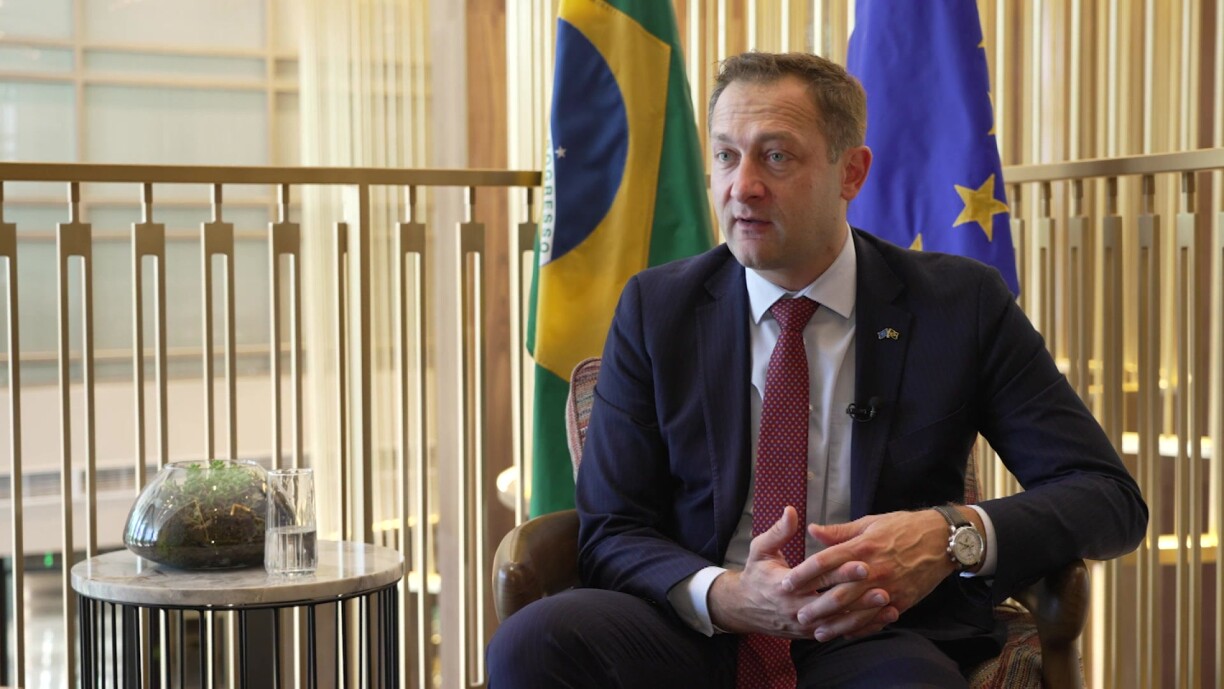
Hansen travelled to Brazil this week to promote European products and highlight the opportunities offered by the future EU–Mercosur trade agreement. Hansen said the deal could boost European exports to four Mercosur countries, namely Argentina, Brazil, Paraguay, and Uruguay, by up to €50 billion, removing a number of trade barriers that have long limited market access.
He stressed that industry, services, and agriculture would all stand to gain, from wine, spirits, dairy, and high-quality cheeses to olive oil and apples.
However, Hansen also recognised that some areas would need special protection, particularly beef, poultry, and sugar production. To address these concerns, the agreement includes so-called “safeguard clauses”, a first for such a trade deal, allowing the EU to react swiftly if certain sectors are threatened. For instance, if beef prices in a member state dropped by 10% while imports rose by the same margin, the EU could temporarily suspend imports.
When asked about the differences in environmental and health standards between Europe and Mercosur countries, Hansen explained that additional parallel measures are being developed to ensure safety and fairness, such as banning products containing hazardous pesticides and tightening inspection controls in European ports.
If ratified, the deal would create the largest free trade zone in the world. On the question of sustainability, Hansen said he supported regional and seasonal production but noted that Europe depends on protein-rich crops from abroad, which are used to feed dairy cattle. He pointed out that some products, such as pineapples and papayas, simply cannot be grown in Luxembourg, arguing that the two markets are largely complementary.
For Luxembourg specifically, Hansen underlined that the country already trades with the four Mercosur members, with exports exceeding €450 million, mainly in the industrial and financial sectors. Agricultural exports currently amount to around €1.2 million, with a strong demand for Luxembourgish wines that could expand under the new framework. Nonetheless, he believes the greatest gains will come from services and industry.
The EU–Mercosur agreement has not yet entered into force, as it still requires approval from the European Parliament and all 27 EU member states. Hansen’s economic mission to São Paulo aimed to lay the groundwork for swift implementation, ensuring that once the accord is adopted and most import–export tariffs are lifted, Europe can begin to see tangible results without delay.